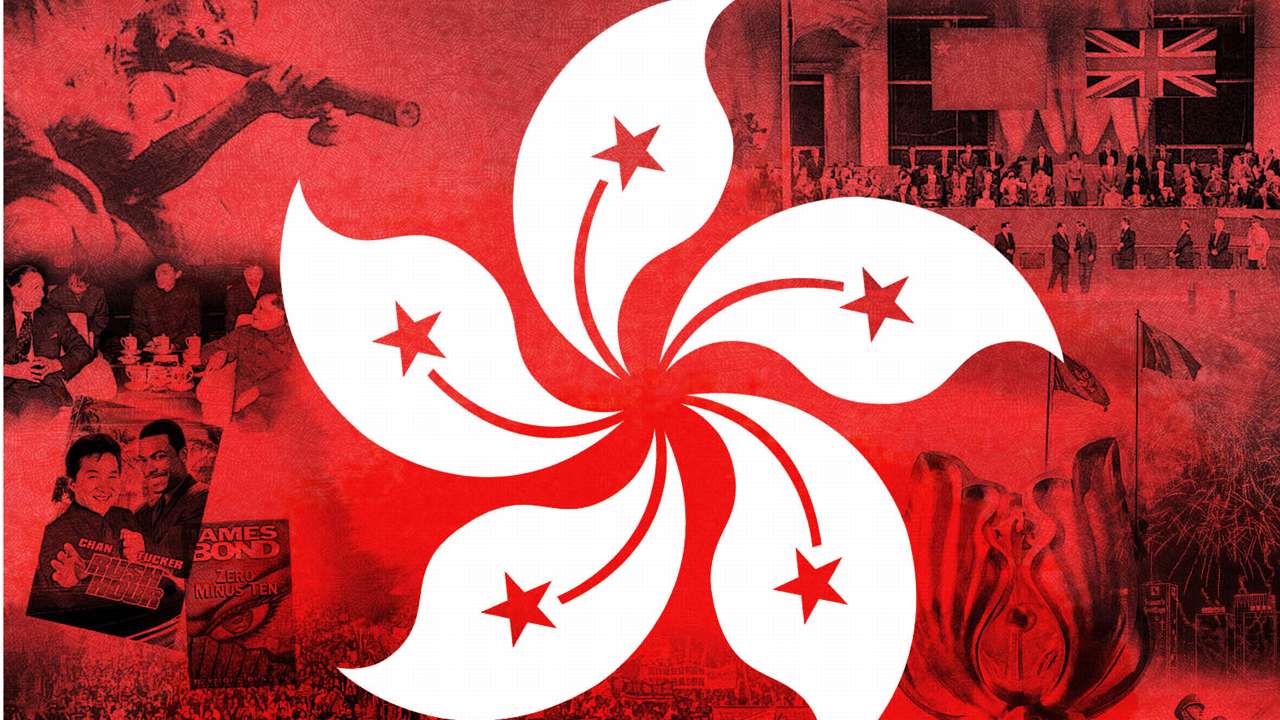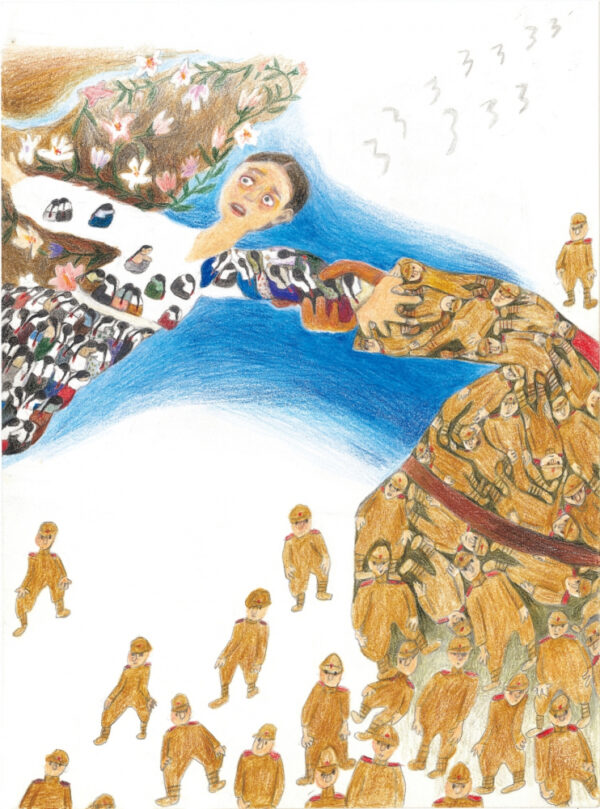On April 13, the Centre for the Study of Global Japan, the Asian Institute, and the Asia Pacific Foundation of Canada hosted a webinar discussing the future of Asian economic and political relations after the pandemic era, with a particular focus on Japan and countries in Southeast Asia (SEA). As the Director of the Centre, Phillip Lipscy opened the event with a land acknowledgement and thanked the program coordinator.
Deanna Horton, Senior Fellow at the Munk School of Global Affairs and Public Policy, served as the moderator of the panel and integrated questions from the audience. Horton began the event by stating apologetically that Sebastian Strangio, journalist and author of In the Dragon’s Shadow, was unwell and could not attend the event. Despite that, Horton posed questions inspired by Strangio’s book, which argued that Japan as a “quiet achiever” will offer SEA countries an option and alternative to the growing encroachment of superpowers like China and the United States.
The panellists offered various geopolitically located perspectives, from Nobuhiro Aizawa, Associate Professor at Kyushu University who emphasized the Japanese standpoint; Elina Noor, the Director of Political-Security Affairs and Deputy Director of the Asia Society Policy Institute who tied together Malaysian/SEA and American interests; and finally, Stewart Beck, president and CEO of the Asia-Pacific Foundation of Canada, who imparted opinions of the Canadian publics. Aizawa started off by qualifying Strangio’s statement of Japan’s “quiet” achievement in the region, meaning economic investment from private corporations rather than the government, by saying that the perspective of the Japanese occupation of SEA countries could be interpreted as a “loud” procedure. He stressed the importance of recognizing the unsustainable nature of Japan’s current inflated role in SEA on account of its declining economic capabilities compared to the 80s and 90s. Aizawa provided multiple examples of how Japan and SEA countries are deeply integrated, from the impacts of the 2011 flood in Bangkok on the Japanese economy to current Prime Minister Suga following in the footsteps of former Prime Minister Abe and making SEA his first official visit. He concluded by stating that Vietnam, Indonesia, Thailand, and other SEA countries are strategically important and structurally integrated into the Japanese political economy. Horton affirmed that Japan is still the largest investor in SEA and turned to Elina Noor for ASEAN security perspectives.
Noor contextualized the strategic position of ASEAN member states in the Cold War era as a key battleground and their ongoing struggles to establish cohesive national identities among diverse axes of difference. As such, she asserted that for many countries in the SEA region, the primary security concerns are domestic – for example, Myanmar houses distinct ethnic armed groups. In addition, SEA countries must deal with larger countries fighting for dominance, such as the “Quad”, encompassing China, India, Japan, and the U.S. Noor explained that ASEAN chose to table its own Outlook on the Indo-Pacific in response to the Trump administration’s proposal of a Free and Open Indo-Pacific. In its five-page Outlook, ASEAN refers to “Asia-Pacific” alongside “Indo-Pacific” without choosing either term definitively, and emphasizes inclusivity and cooperation with all its dialogue partners.
Stewart Beck reified Noor’s understandings of the “Indo-Pacific”, confirming that the term is becoming a part of the lexicon alongside the term “Asia-Pacific”. In his presentation of the Asia Pacific Foundation’s findings on the National Opinion Poll, he stated that in light of the COVID-19 pandemic, Canadian attitudes towards China and the U.S. have worsened while Japan and other Asian countries steadily trend up in favour. Beck outlined that Canada should align with like-minded democracies rather than defaulting to its historically intimate relationship with the U.S. to prove its commitment to relevant regions and shed its impression of being a conditional investor overly reliant on American market developments. The rest of the panel largely centred around the idea of promoting inclusivity and diversification (meaning distance from major economic players such as China and America) in strategic regional co-operations.
Horton returned to the concept of Asia-Pacific and Indo-Pacific in terms of its differences and relation to democracy. Aizawa argued that democracy in Asia may be championed by Indonesia, underlining the resiliency and vibrancy of the nation’s democratic spirit and that Japan needs SEA as a role model for innovation, social integration, and democracy. Noor claimed that SEA appreciates Japan’s relative “quiet” approach in contrast with American and Chinese advances, affirming a collaborative relationship between Japan and SEA. She also agreed with Aizawa’s view that the SEA region is a key locus of democracy, looking to Myanmar’s grassroots support of democratic values, particularly by the Rohingya population. Noor stated that the American brand of democracy does not necessarily resonate for all SEA countries and that contextually specific approaches are needed. Aizawa concurred and said that he is cautiously optimistic that SEA youth populations and cross-class alliances are committed to the fight for democracy, which will counteract their governments becoming autocracies.
Horton then directed a question to Beck for insights on how Canada may play a role in ASEAN matters, to which he said that Canada is already deeply integrated into Asia. As an immigrant country that receives most of its people from the Philippines, India, and China, Beck asserted that the face of the country is changing from its previous Western and Eastern European background. He said that Canada is strategically positioned as a body that is not America or China and has experience dealing with non-traditional security threats such as food insecurity, water expertise, and climate change that is directly relevant to ASEAN. Beck strongly believes that Canada must build its Asia competence (which is sorely lacking in secondary school education) and that the nation should develop an Asia-specific strategy.
Bringing back the theme of inclusivity and diversity, Noor also weighed in to say that oversimplification of SEA international relations as relying on the U.S. for defence and security and China for trade is reductive and inaccurate. She argued that as part of SEA’s pursuit of artificial intelligence programs, it could draw from the example of Canada’s indigenous community’s participation in helping shape algorithmic inclusivity and diversity. Aizawa also referenced the University of Toronto Citizen Lab as a powerful group in Canada dedicated to amplifying alternative political voices, and that these kinds of democratic initiatives are critical to countering issues of cybersecurity and rampant surveillance capitalism of smart city projects in SEA.
With that, Horton closed off the event and thanked the Centre for Study of Global Japan, Asia Pacific Foundation, the Munk School of Global Affairs and Public Policy, the Asian Institute, and finally the panellists for their insightful discussions.
Kana Minju Bak is a Korean-Canadian academic whose interest lies in the movement of bodies and subjectivities across the Asia Pacific region. She is eager to pursue further studies in the various political economies of Southeast Asia and East Asia.








